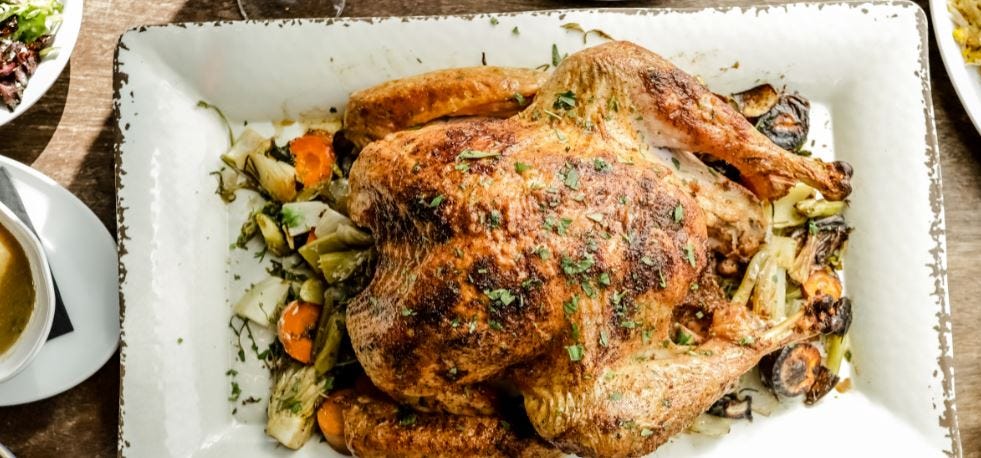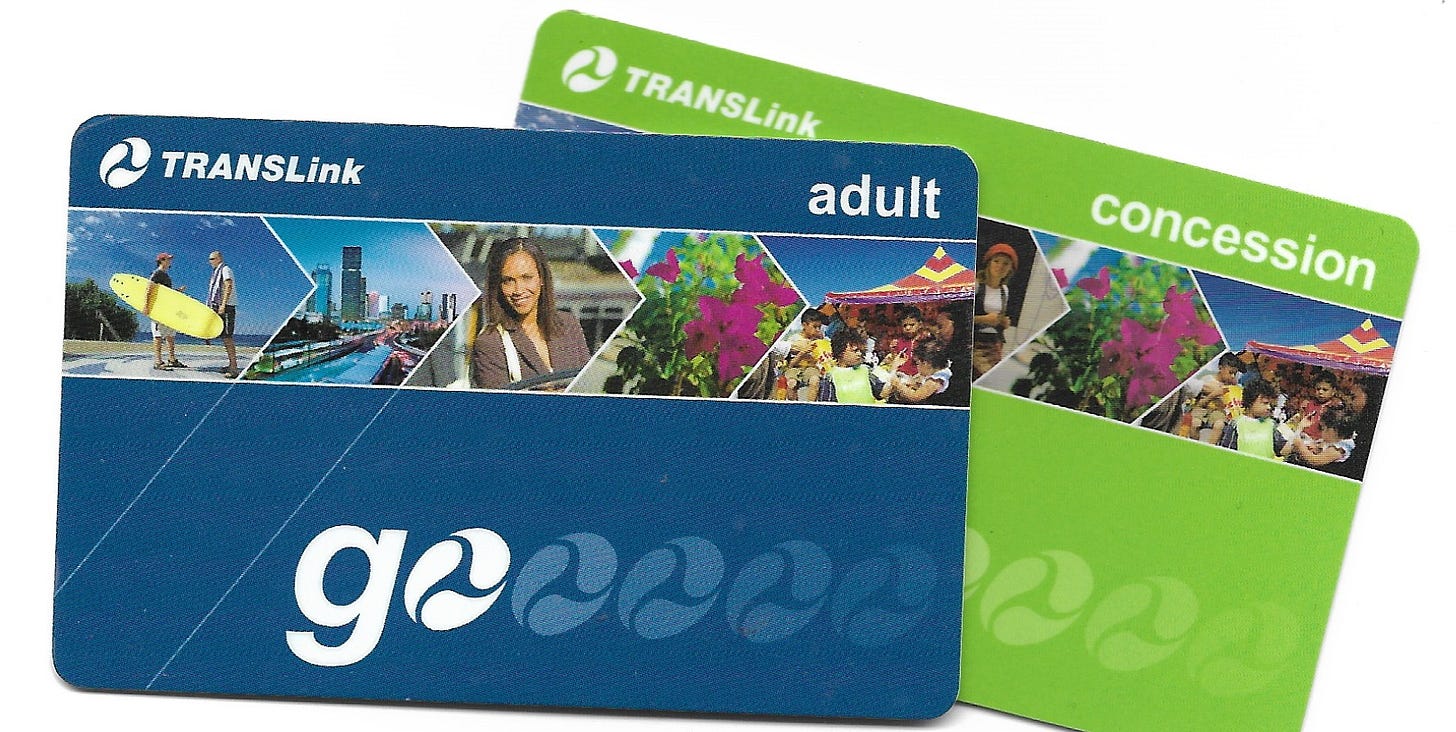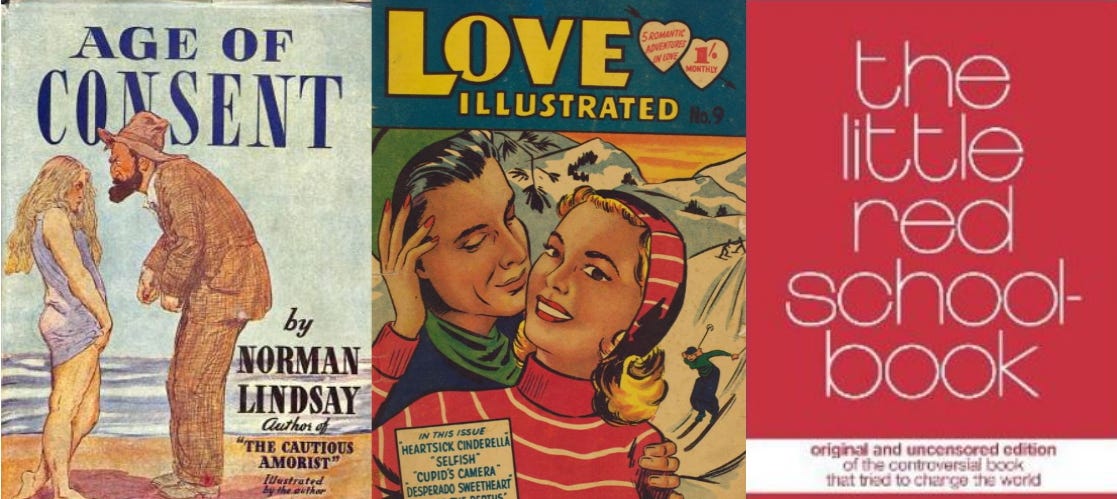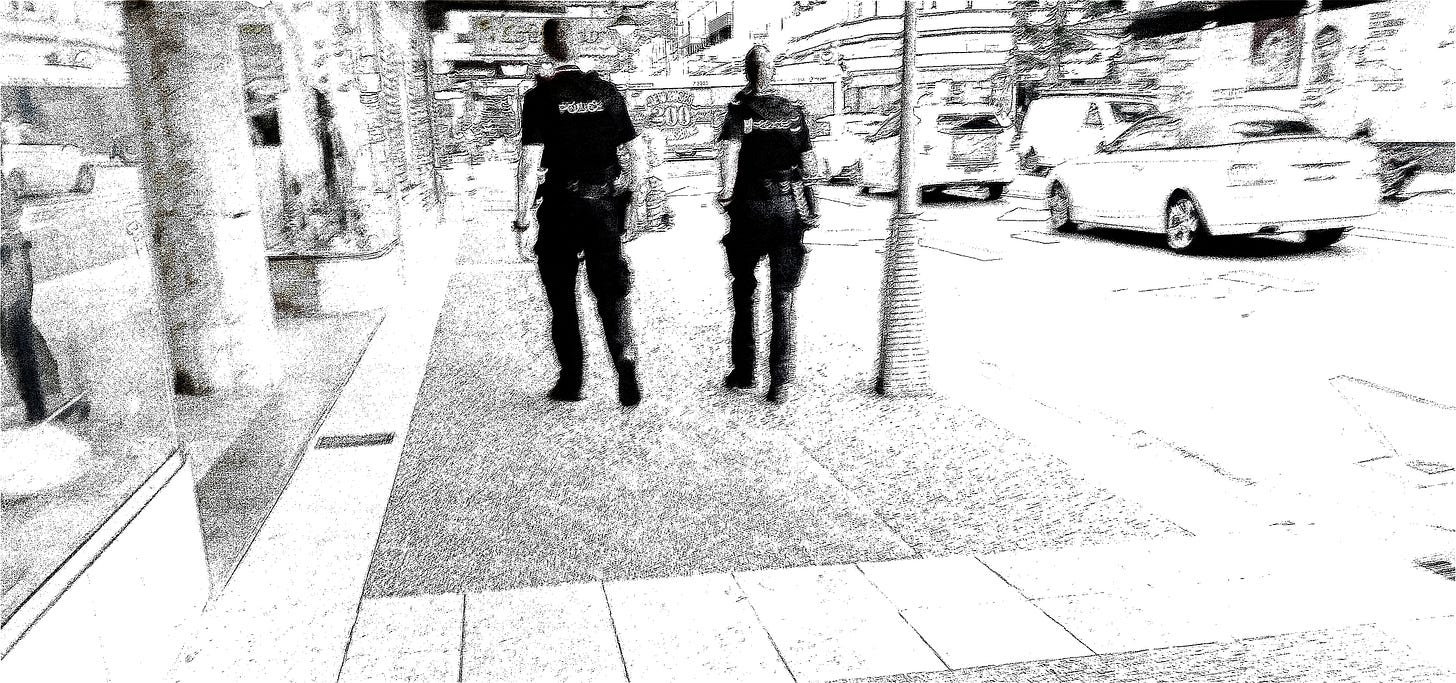At a time when there’s concern over beef prices, I’m reminded of a discussion I had during the recent seasonal celebrations with a friend who’s a generation older than me. He noted how, when he was a child in the early 1950s, chicken, not steak or turkey, was the expensive meat. In his family, a chicken roast was something only to be enjoyed at Christmas time or some other special occasion. The same friend had previously told me how he used to go out to shoot rabbits for food, and I can’t even get my head around that.
In these days of relative plenty, it serves us well to know that the things we take for granted weren’t always readily available or affordable. That’s hard to do when you’re too young to remember. And, yes, I know there are still people who are doing it tough, but in our part of the world we’ve done remarkably well in terms of raising the standard of living. The challenge, of course, is to ensure that everyone gets their fair share.
MONEY MATTERS
It used to be “Do you take cards?”, now it’s “Do you take cash?” One of the big trends of 2020 was the accelerated move away from paper (plastic) money and coins towards credit and debit cards, and online payments. I guess that’s going to continue this year. Is it time yet to speculate about a time when cash will no longer exist? I know this is a controversial issue, and the last time I wrote about it on social media I got a lot of responses from people who were worried or even angry about the elimination of cash transactions — mostly for privacy reasons. But hasn’t that horse already bolted, and shouldn’t we just accept the inevitability of change? Or, more to the point, get used to life without change (in our pockets)?
TRANSPORT TRAVAILS
On the subject of cards … some friends who live in Melbourne but were in Brisbane visiting relatives and staying at St Lucia decided to catch the CityCat to South Bank. The plan was thwarted because they didn’t have GoCards and there was no way of purchasing them or single-trip tickets onboard the vessel or at the Guyatt Park ferry wharf. Cash was also out of the question. Luckily, a relative was able to give them a lift; otherwise it would’ve meant an expensive taxi or ride-share journey.
They were able to GoCards at South Bank Parklands for the return trip, but at the minimum cost of $10 each. Unless they take further public-transport journeys during their stay in Brisbane, much of that investment will be wasted. It’s not a very tourist-friendly situation. I suppose it’s asking too much for transport cards from different states to be interchangeable or for the machines to accept credit-card micropayments. Yes, I know that day is coming, but these systems have been in place elsewhere in the world for many years now.
CENSORS WORKING OVERTIME
And now for a follow-up to an item in last week’s newsletter … Censorship in Queensland didn’t end with the Joh Bjelke-Petersen era. Some works of literature are still banned here (unless that has changed very recently). Although many books previously restricted are now available in the Sunshine State, some are still banned with the only official copies under lock and key at the State Library. Titles that are or have been banned include Norman Lindsay’s novel Age of Consent (which was later made into a movie starring James Mason and Helen Mirren and filmed in Queensland), the 1950s comic book Love Illustrated, and The Little Red School Book, which encourages children to challenge the norms of society. And in 1969, police arrested actor Norman Staines for swearing on stage in a production of Alex Buzo’s Norm and Ahmed at the Twelfth Night Theatre.
In 1991, it was reported that more than 300 films and 600 books had been banned in Queensland. They included The Gardeners’ Guide to Hydroponics (it apparently included information on growing cannabis plants), Australian Forum magazine and the motion pictures The Last Temptation of Christ and Day of the Dead. An online search of government sources suggests that Queensland authorities still have reserve powers of censorship under the Classification of Computer Games and Images Act 1995; Classification of Publications Act 1991 and Classifications of Films Act 1991.
(For further information, the Brisbane Times has a story here, and the State Library lists some of the banned items here. Thanks to my friend Terry for some of the information above.)
WHICH WAY TO GO?
George Bernard Shaw (or perhaps it was somebody else) once said: “The United States and Great Britain are two countries separated by a common language.” We can also throw Australia into the mix when it comes to having different words to describe the same thing. Here, the strip for pedestrians running parallel to a road is commonly called a “footpath”. However, it’s a “pavement” in Britain and a “sidewalk” in America. In the UK, “footpath” is generally used to describe a public right of way through private property. Brits also tend to use the word “tarmac” — which in Australia is reserved for the stuff that planes land on — for the stuff we call “bitumen”. Then there’s the way we pronounce the same words differently, which can also cause confusion. And don’t get me started on accents. Should we celebrate our differences or insist that the others are simply wrong?
FEEDBACK
Regarding rats in the water supply, Adele writes: “I remember being told by elders not to drink from the hot water tap and I haven’t but now, I definitely will NOT! Eew. And call me old fashioned but I still like the separate hot and cold taps but only in the bathroom sink - go figure.”
GO SEE
Queensland Theatre’s first production for 2021 is Thornton Wilder’s Our Town, which will play at the Bille Brown Theatre in South Brisbane from Jan 30 - Feb 27. Details here.







